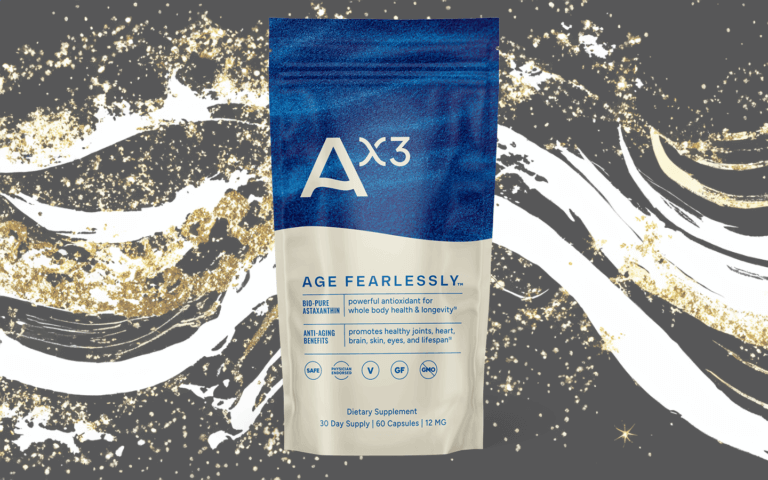“It’s all downhill from here.”
It’s a phrase you inevitably hear when you near the end of your 20s.
The drowning sound of the roaring 20’s era begins to dull into the background of a mind now consumed by the fear of turning 30, an age often defined as a significant biological milestone in modern society.
Memories of carefree teenage days spent living insouciantly with mere speckles of responsibility now resemble a mirage on a landscape dominated by the overweighting pressures to have it all figured out suddenly.
Youthfulness feels like a fever dream, with the ‘prime’ days well and truly left behind and allocated to the memory vault.
Because, you know, the 20s are the prime of your life, aren’t they?
That is the real question here.
What is the ‘prime’ of life?
Why do we live based on a culturally accepted clock that molds our perception of age?
And most importantly, is it really downhill from here?
What is the peak?
To answer the question of when you hit your prime existence, it’s probably best to grasp what truly defines the term.
In essence, it’s the peak. The summit. The pinnacle. Think Edmund Hillary looking out at the world below him when he summited Everest. Usain Bolt running a world record-breaking 100 meters in 9.58 seconds. Brendan Fraser winning an Oscar.
The theory of prime, however, fluctuates from person to person and is naturally subjective.
Some people consider the prime of life to be found in their youthful years, while others embrace the wisdom and experience of old age to signify the pinnacle of their existence.
At some point in our adult lives, we may encounter a dissonance between who we feel we are on the inside and what we or the world sees on the outside.
Aging is inevitable. Our bodies begin their wear-and-tear process from the moment we are born.

When is the peak?
A survey conducted by U.S. Trust in 2017 collected some fascinating results when posing the question of life’s prime age.
Those born between 1981 and 1996 believe – known as millennials – “old age” kicks in at 59 years old, a mere 19 years after they say youth ends. In other words, the transition time from young to old lasts less than two decades.
Other generations see old age starting much later in life. Boomers – born between 1946 and 1964 – and the “Silent Generation” – born between 1928 and 1945 – agree that your senior years begin at 73, while Gen X – 1965 to 1980 children – puts the target at 65 years old.
On the flip side, all three groups believe youth ends much earlier.
And what about the glorious prime of your life?
Millennials say we peak at 36, while everybody else believes that happens more than a decade later. There is a clear and distinct contrast of thought depending on each person’s upbringing and the cultural society they have grown up in.
Teenagers, for instance, may have vitality on their side, but older people are generally more psychologically stable.
And so it goes with several phenomena people experience as they age.
Several studies and surveys keep highlighting the same point: life isn’t a downhill slide from youth, despite many platforms declaring that reality.
Brain processing power peaks at 18, according to a study published in 2016, while women are most attractive to men at around 23. On the other hand, men’s attractiveness to women seems to get better with age, although this is based on an analysis in a book called Dataclysm.

Other notable milestones to peak in, according to research, in your 20s include life satisfaction, strength, settling down and running a marathon.
Bone mass, playing chess and learning new faces hit their pinnacle in your 30s, while later in life, the understanding of other people’s emotions, arithmetic, vocabulary and body confidence all peak.
Of course, these findings are incredibly subjective and based on a small percentage of the population, so they need to be taken with a chunky pinch of salt.
Susan Anderson, the founder of The Worthy Goods, believes the concept of a peak of life is highly subjective.
“My peak moment was when I launched my business and watched it blossom into a successful venture.
“However, I recognize that others may reach their peak at different stages of life, whether it’s starting a family, pursuing a passion, or accomplishing a personal goal.
“It’s crucial to understand that the journey towards our own peak is unique and shouldn’t be compared to others.”
Amira R Martin, LCSW-R, is a mental health therapist who also discounts the idea of putting a specific number on the prime age, but does believe there is a range in which needs are met.
“In my experience, the peak of life can be achieved when an individual has met their basic physiological needs, such as having enough money to survive, and has also established meaningful connections with others, including a sense of love and belonging.
“This can involve having close relationships with family and friends, as well as feeling a sense of purpose and meaning in one’s life. When these needs are met, individuals are better equipped to pursue higher-level needs, such as self-actualization and personal growth.
“Research suggests that middle adulthood, typically between the ages of 40 and 60, can be a time of personal fulfilment and satisfaction for many individuals. During this stage, individuals may have established stable relationships, achieved career success, and have a sense of personal meaning.”
In summary, there is no age at which we are best at everything – or even most things.
On average, you will reach your sexual peak in your 20s, your physical peak in your 30s, your mental peak in your 40s and 50s, and you will be at your happiest and relaxed in your 60s.
Really though, the most important message is life is a series of ups and downs, peaks and troughs. For everything you end up mastering in life, another challenge will be waiting for you around the corner.
But that’s what makes life so damn interesting, right?






